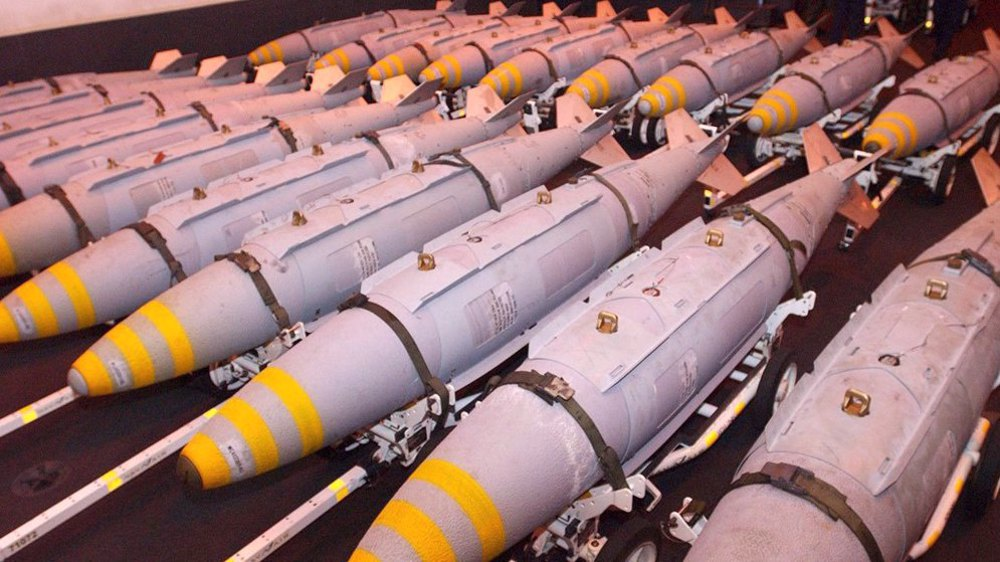
Washington, October 31 (RHC)-- The United States is running low on interceptor missiles as demand for the weapons is surging due to the Israeli regime's ceaseless war in the besieged Gaza Strip and Lebanon, a report says.
The U.S. is now facing a shortage of certain air-defense missiles, raising concerns about the Pentagon’s ability to manage Israel’s ongoing war in Gaza and Lebanon in the Middle East, the Russia-Ukraine war in Europe, as well as a potential conflict in the Pacific, The Wall Street Journal reported on Tuesday.
Interceptors are rapidly becoming the most in-demand weaponry amid the escalating crisis, as Israel and other U.S. allies confront growing missile and drone threats from Iran and the resistance movements in the region, it added.
“The shortfall could become even more urgent after Israel’s Friday night strikes on Iran, which U.S. officials fear might spark another wave of attacks by Tehran,” the WSJ further said.
The U.S.-backed Israeli regime attacked several Iranian military facilities early on October 26, killing four servicemen of the Armed Forces and one civilian. Two days later, Iran's Defense Minister Brigadier General Aziz Nasirzadeh said that Israel’s aggression had caused “minor” damage which was immediately repaired and replaced.
Iran has emphasized that it is not looking for war, but will not abandon its right to give an “appropriate and firm” response to Israel’s latest act of aggression.
According to the report, Pentagon officials and analysts are “concerned” about US readiness, citing the inability to manufacture new missiles at a pace that matches their consumption.
The figures by the report suggested that since October last year, more than 100 Standard Missiles have been launched in an attempt to intercept incoming missiles, including those fired by resistance groups like Hamas in Gaza and Hezbollah in Lebanon.
“The U.S. has not developed a defense industrial base intended for a large-scale war of attrition in both Europe and the Middle East, while meeting its own readiness standards,” Elias Yousif, deputy director of the Conventional Defense Program at the Stimson Center, told the Wall Street Journal. “And both of those wars are extended conflicts, which was not part of US defense planning.”
Due to security concerns, Washington says it cannot reveal the size of its missile stockpile. This is while Pentagon officials said there are no plans to ramp up production of Standard Missiles.
“Over the course of the last year, the Department of Defense has augmented our force posture in the region to protect US forces and support the defense of Israel, while always taking into account US readiness and stockpiles,” Pentagon spokeswoman Sabrina Singh told the WSJ.
In early October, Iran’s Operation True Promise II saw the Islamic Republic launch 200 missiles towards Israeli military and intelligence bases all over the Israeli-occupied Palestinian territories in retaliation for the regime’s acts of deadly aggression against the country and other regional nations.
Back in April, Iran launched Operation True Promise, which saw the country firing more than 300 missiles and drones against the occupied territories in reprisal for deadly aggression by the Israeli regime that had targeted Iranian diplomatic facilities in the Syrian capital of Damascus earlier that month.

